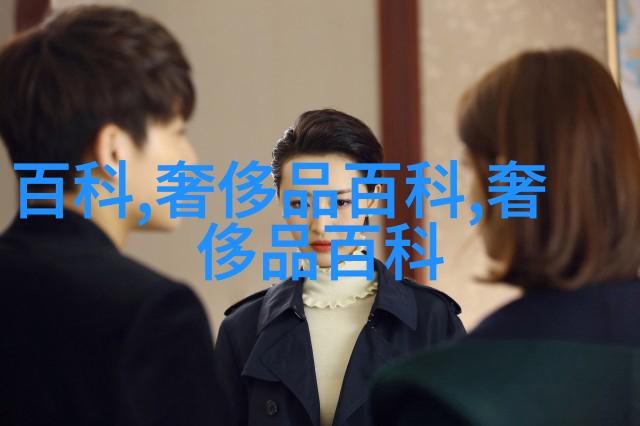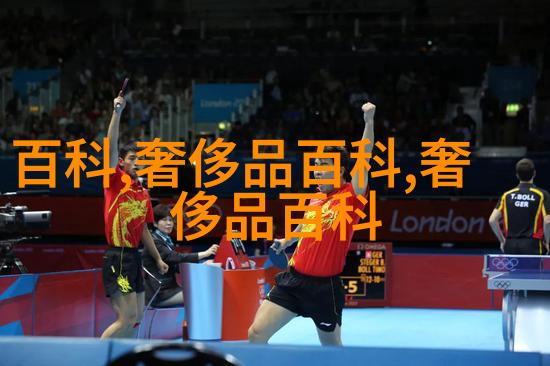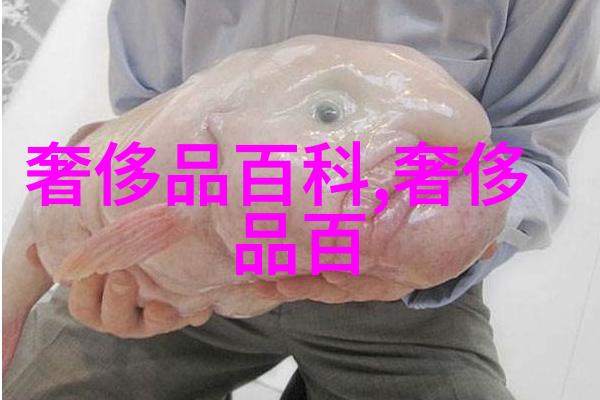Vintage Revival The Timeless Charm of Retro Englis
Retro Revival in the Digital Age

In today's fast-paced digital world, where everything seems to be about the latest technology and modern trends, there is a growing interest in vintage items and retro culture. People are rediscovering the charm of older things, such as classic cars, vinyl records, and even old-fashioned clothing. This trend has also extended to language, with many people expressing an appreciation for retro English.
The Birth of Retro English

Retro English can trace its roots back to the early 20th century when mass media like radio and film became popular. It was during this time that certain words and phrases began to gain popularity due to their use in movies or on radio shows. These words often had a distinctive sound or rhythm that set them apart from other forms of spoken language.
The Golden Age of Retro English

The golden age of retro English is generally considered to have been during the mid-20th century when television became widely available and advertising started using catchy slogans and jingles more frequently than ever before. This period saw a proliferation of what we now call "retro" slang - terms like "dude," "cool cat," "hip," etc., which were used by young people who wanted to appear fashionable.
Retro Words & Phrases Today

Today's younger generations are embracing retro English once again through various media channels such as social networking platforms where they share images featuring vintage objects or quotes from classic movies/TV shows with nostalgic hashtags attached (#vintage #retroenglish). They're discovering these words not just for their aesthetic appeal but also because they offer an alternative way of expressing themselves amidst today's fast-paced communication landscape dominated by abbreviations (e.g., LOL) rather than complete sentences.
Why We Love Retro Language

There are several reasons why people continue to love speaking retro language even if it means going against current linguistic norms:
Creativity: Using outdated expressions allows individuals express themselves creatively while avoiding clichés associated with contemporary slang.
Nostalgia: Many find comfort in hearing familiar sounds from their childhoods - it provides a sense belongingness within specific periods.
Playfulness: Using old-fashioned terms adds humor or irony into everyday conversations making them more engaging & entertaining.
Cultural Significance: Retaining elements from past cultures keeps us connected with our history; appreciating how far we've come but still maintaining some connection between generations past & present.
In conclusion, while new languages emerge continuously over time retaining elements from yesteryears helps keep cultural traditions alive ensuring continuity among different eras; offering fresh perspectives on how one can express oneself effectively within any given context – whether it be conversationally via speech or written form through articles such as this one dedicated entirely towards celebrating timeless beauty found within 'retro' english!



